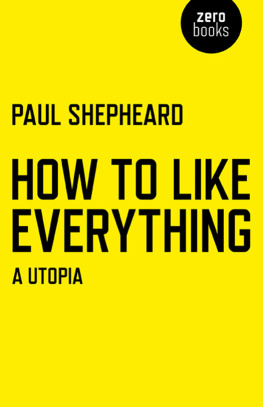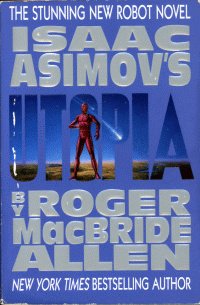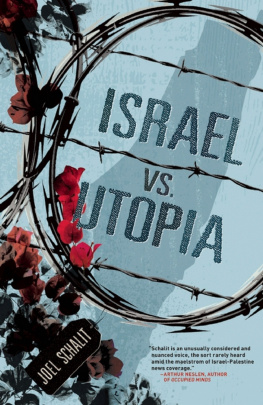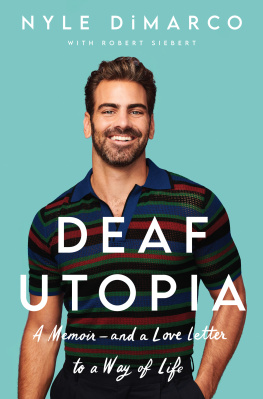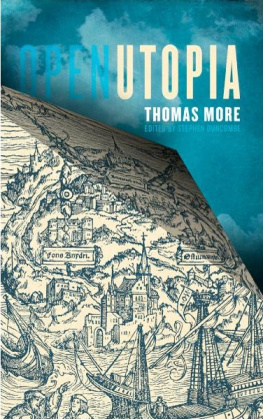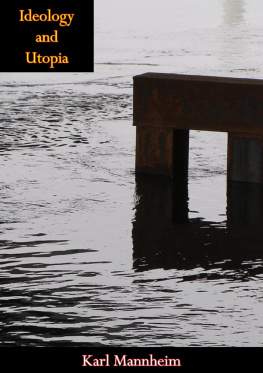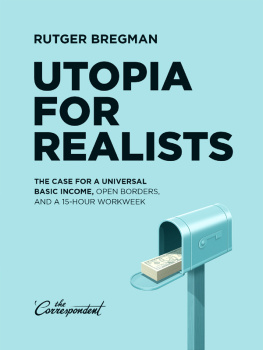Shepheard - How to like everything - a utopia
Here you can read online Shepheard - How to like everything - a utopia full text of the book (entire story) in english for free. Download pdf and epub, get meaning, cover and reviews about this ebook. year: 2013, publisher: John Hunt Publishing, genre: Art. Description of the work, (preface) as well as reviews are available. Best literature library LitArk.com created for fans of good reading and offers a wide selection of genres:
Romance novel
Science fiction
Adventure
Detective
Science
History
Home and family
Prose
Art
Politics
Computer
Non-fiction
Religion
Business
Children
Humor
Choose a favorite category and find really read worthwhile books. Enjoy immersion in the world of imagination, feel the emotions of the characters or learn something new for yourself, make an fascinating discovery.
How to like everything - a utopia: summary, description and annotation
We offer to read an annotation, description, summary or preface (depends on what the author of the book "How to like everything - a utopia" wrote himself). If you haven't found the necessary information about the book — write in the comments, we will try to find it.
How to like everything - a utopia — read online for free the complete book (whole text) full work
Below is the text of the book, divided by pages. System saving the place of the last page read, allows you to conveniently read the book "How to like everything - a utopia" online for free, without having to search again every time where you left off. Put a bookmark, and you can go to the page where you finished reading at any time.
Font size:
Interval:
Bookmark:


First published by Zero Books, 2013
Zero Books is an imprint of John Hunt Publishing Ltd., Laurel House, Station Approach,
Alresford, Hants, SO24 9JH, UK
www.johnhuntpublishing.com
www.zero-books.net
For distributor details and how to order please visit the Ordering section on our website.
Text copyright: Paul Shepheard 2012
ISBN: 978 1 78099 820 6
All rights reserved. Except for brief quotations in critical articles or reviews, no part of this book may be reproduced in any manner without prior written permission from the publishers.
The rights of Paul Shepheard as author have been asserted in accordance with the Copyright,
Designs and Patents Act 1988.
A CIP catalogue record for this book is available from the British Library.
Design: Stuart Davies
Printed and bound by CPI Group (UK) Ltd, Croydon, CR0 4YY
We operate a distinctive and ethical publishing philosophy in all areas of our business, from our global network of authors to production and worldwide distribution.
How To Like Everything is a utopia.
Utopia is a word invented five hundred years ago at the start of the modern age as a description of the ideal society. Its composed of Latin parts that taken together mean no place or nowhere. We now use the word utopia to mean an impossible dream of perfection. How To Like Everything recasts the actual world, the forever changing world we already live in, as utopia to make the impossible possible.
Everything
I am going back again, and will seek to refresh myself with the things that I then cast away for hopes of which I now see is not. John Bunyan, The Pilgrims Progress: the atheist
The Atheists Progress
This is a book about everything. Its a big subject, so Im going to start with a story and then Im going to ask a question.
Heres the story:
Once upon a time there was a girl, called Little Red Cape, who was wandering in a forest. The forest was full of confusions. Some were ugly and some were delightful, but they existed in such plenty that it was possible to spend every minute of your life amongst them without noticing you were getting any older. Little Red Cape knew she was lost, but she didnt care. She was supposed to be carrying a basket of eggs to her grandmothers house. She had been told that the way to get through the confusion of the forest was to follow the paths that had been built between the houses, like strings in a maze, to keep from getting lost; and shed started off down the path, but she soon found it so overgrown with the forests confusions that she had become interested in them, and shed dilly dallied, and thats how shed gone astray.
You know this story. Little Red Cape is Little Red Riding Hood, or, as they say in Holland, Rood Kapje. The original is a Grimm Brothers tale of warning, about the terrors of the wide world. The second part of my story is not so familiar:
There were other creatures in the forest that had different ways of living amidst all the confusion. They maintained a tight hierarchy between the members of their packs and they elaborated their lives in rituals, as when they gathered together in circles to howl at the moon. And recently they had discovered that the humans were losing the keys to the locks that kept their houses safe, and discovered that if they wanted to they could simply walk in and eat the humans up and live there themselves. Maybe they were impressed by the power that the houses manifested. Maybe they thought that by inhabiting them, they could share the humans power. But the fact was that the howling and the hierarchies were incorporated into domestic life; and so you could say that with this development the forest became even more confusing than ever.
So thats the story its an analogy for todays world. Who the wolves are and who the humans are I am not yet sure; but little Red Cape is you. The forest in the story is not a labyrinth or a metaphor for the workings of your inner mind, it is a picture of a complex field. A picture of the actual world.
And heres the question. What will you do, Little Red Cape? Will you go on searching for your grandmothers house, with all the risks that that entails? Or will you remain out among the confusions with all the risks that that entails?
A LITTLE WHILE AGO I suddenly had this thought: I have to get my ideas on television. I wanted to stalk the world in sharp clothes speaking to camera like all those other guys. But I soon found out that this attack of ego, this yearning for the varnish of fame, was as doomed as a night on the Big Brother tiles. I discovered that my thoughts were far too chaotic for the medium. I had hundreds of bits and pieces flying about in my head, which spewed out into my trial scripts like one damned cornucopia after another.
Look, Paul, said the film maker I was working with. Keep it simple. He was exasperated by rewrite four, which had turned out even more convoluted and baroque than rewrite three. Are you listening to me? He said. Keep it simple. In a one-hour television programme you can say three things, okay? First, you say what youre going to say. Second, you say it. And third you say what you just said.
Look at them! Its true! Thats exactly what they do. They say something, say it again, and then say it a third time. So I sent the television script files to the recycle bin and changed my computer desktop background to a crazy mimetic-expressionist painting by Asger Jorn that looks like a food fight at a childrens party, and started on what you have here. At the time I had been reading Tom Stoppards play The Coast of Utopia in book form, speaking the parts to myself, imagining myself into all the characters and their clothes and their voices and exits and entrances, and as I was reading I thought that this is what all books are: theyre scripts. Writers write scripts for their readers to perform. Like an actor performing a play, when you read a book you bring something to it that only you can. When you watch television, you sit back as sceptical as a child being lectured to, only half listening to whats said, passing notes to the others in the room and counting the hairs growing out of the teachers nose. When you read a book you get involved, you act; you perform what you read in the theatre of your imagination, enriched and costumed and all lit up with your own knowledge and your own memories and your entire history.
The title of this project, How to Like Everything, started out with a smaller ambition: How to Like Art. That was the pitch of the first draft of the first TV script. It all began because I wanted to pin down the confusion of contemporary art. I wanted to say that todays art is so full of the revelations of philosophy and science that it has become criticism, and no longer art: and so full of discrimination and fury, as a consequence, that artists have to hitch their wagons to an explanation of what they do before theyve even done anything. The explanation has become the artwork. The thing itself is a mere illustration of its own story: notoriously, the shark, the bed, the pile of bricks. This is not news to you, everyone knows it. But the question I wanted to ask was not how to know whether something was good art, not even whether it was worth the asking price - but what is art itself? Maybe even What bloody use is it?
Now, after looking at it and talking about it, and reading French philosophy
Font size:
Interval:
Bookmark:
Similar books «How to like everything - a utopia»
Look at similar books to How to like everything - a utopia. We have selected literature similar in name and meaning in the hope of providing readers with more options to find new, interesting, not yet read works.
Discussion, reviews of the book How to like everything - a utopia and just readers' own opinions. Leave your comments, write what you think about the work, its meaning or the main characters. Specify what exactly you liked and what you didn't like, and why you think so.

